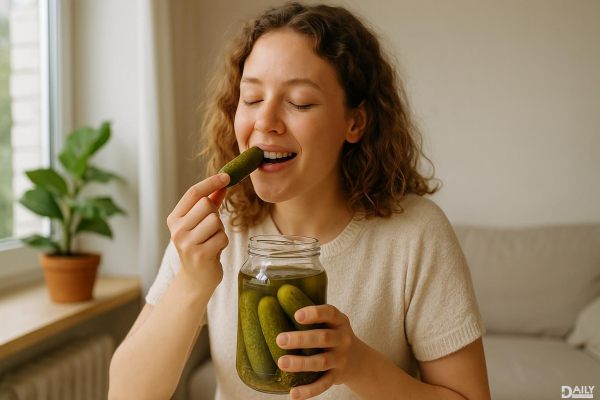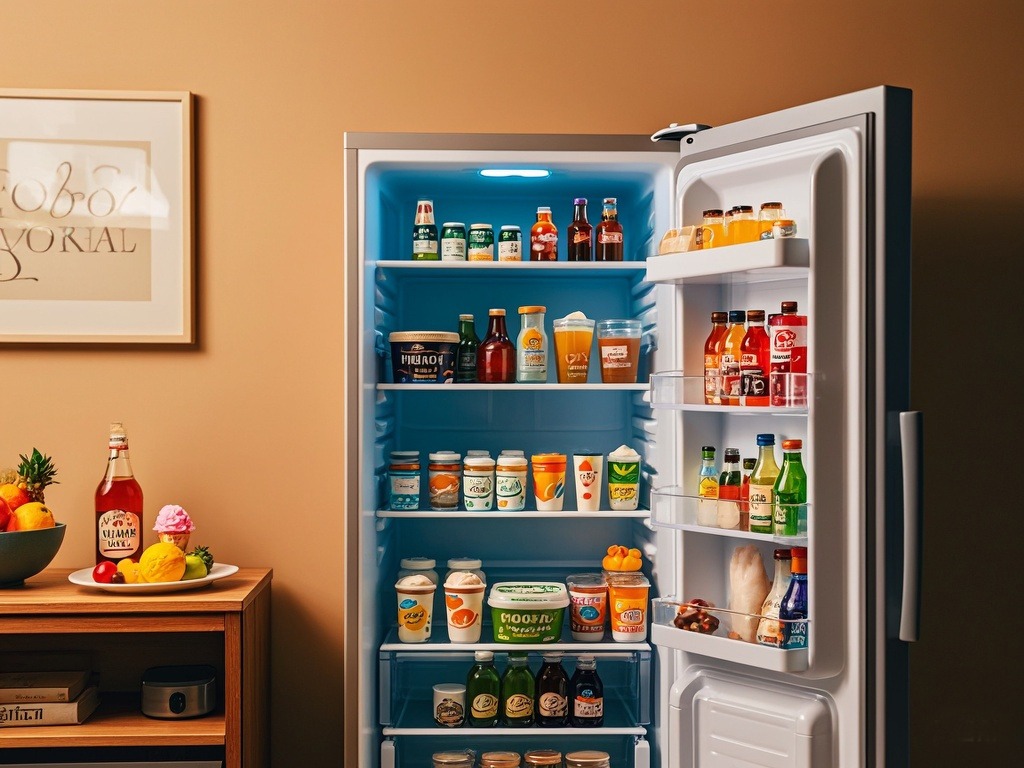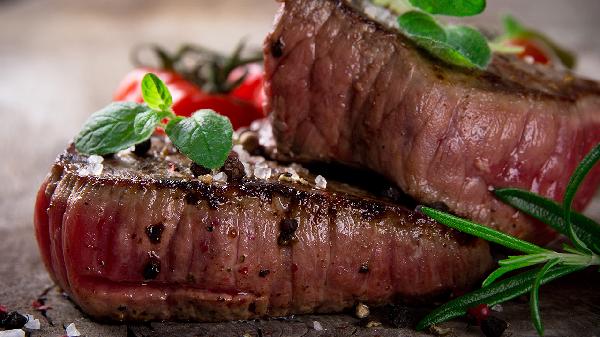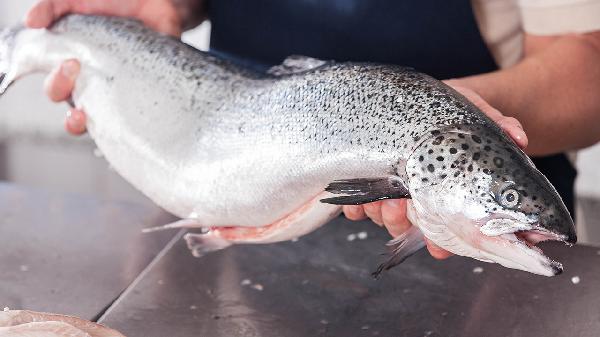If you've ever stood in the pickle aisle scratching your head over the difference between kosher dill and regular dill pickles, you're not alone. The real difference comes down to preparation, seasoning, and tradition—kosher dills are fermented with garlic and dill in a saltwater brine, while regular dills often skip the fermentation and use vinegar for that tangy punch. But there's way more to unpack here, from cultural roots to flavor profiles that'll make you rethink your pickle loyalty.
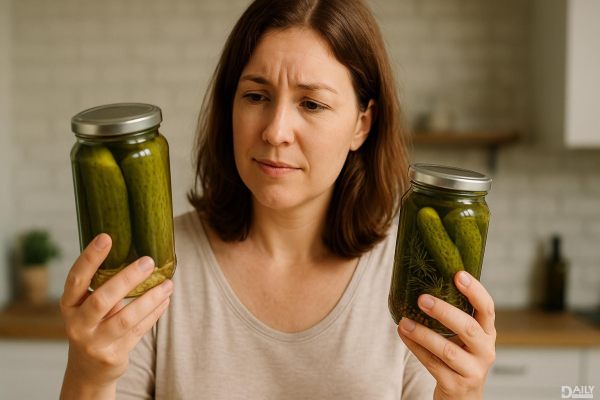
Kosher dill pickles aren’t just a label—they’re a process. True kosher dills are fermented, meaning cucumbers soak in a saltwater brine with garlic and fresh dill for days (or even weeks), letting natural bacteria work their magic. This gives them a deeper, funkier flavor and that signature crunch. Regular dill pickles, on the other hand, are usually vinegar-based, meaning cucumbers get a quick soak in a vinegar solution with dill and spices. They’re tangy, sure, but often lack the complex sourness and texture of their fermented cousins. And no, "kosher" doesn’t automatically mean rabbi-approved—it’s about the method, not certification (though some brands do both).
Bite into a kosher dill, and you’ll get a garlicky, sour punch with a lingering fermented tang—think bold and borderline funky. Regular dills lean brighter and sharper, thanks to vinegar, with a more one-note acidity. Texture plays a role too: fermented kosher dills retain a crunchier bite, while vinegar-packed regular dills can turn mushy over time. Pro tip: If a pickle tastes like it could wake up your whole mouth with sour intensity, it’s probably kosher. If it’s more of a straightforward "pickle-y" zing, you’ve got a regular dill on your hands.
Here’s where things get tricky: not all "kosher dill" pickles are actually kosher in the religious sense. The term originally referred to the traditional Jewish method of fermenting pickles with garlic and dill—no vinegar, no shortcuts. But unless the jar has a kosher certification symbol (like OU or Kof-K), it’s just borrowing the style. Meanwhile, some brands market "kosher-style" dills to avoid confusion, though they might still use vinegar. For pickle purists, the real deal is the old-school fermented version, whether it’s certified or not.
Kosher dills trace back to Eastern European Jewish traditions, where fermentation was a preservation staple. Immigrants brought the method to America, and delis ran with it—think of those giant barrels of pickles at NYC’s Jewish appetizing shops. Regular dills, meanwhile, evolved from American mass production, where vinegar sped up the process. Fun fact: The U.S. government once defined "kosher" pickles as those made with garlic, but that rule faded in the 1970s. Today, the divide is less about religion and more about taste: Do you want historical depth or quick, vinegary zip?
To spot a true kosher dill, check the label for "fermented" or "lacto-fermented" and scan ingredients for garlic and salt (not vinegar). Brands like Ba-Tampte or Bubbies stick to tradition. For regular dills, look for "vinegar" upfront—Vlasic and Claussen (despite their crunch rep) fall here. Storage matters too: fermented kosher dills often need refrigeration, while vinegar-based jars can sit on shelves. And if you’re team extra crunch? Go for whole pickles over spears—they stay firmer longer.
Next time you’re pickle browsing, remember: kosher dills are the slow-cooked brisket of the pickle world—rich, layered, and worth the wait. Regular dills? They’re the quick grill version—still tasty, but missing the deep flavors. Either way, your sandwich just leveled up.

